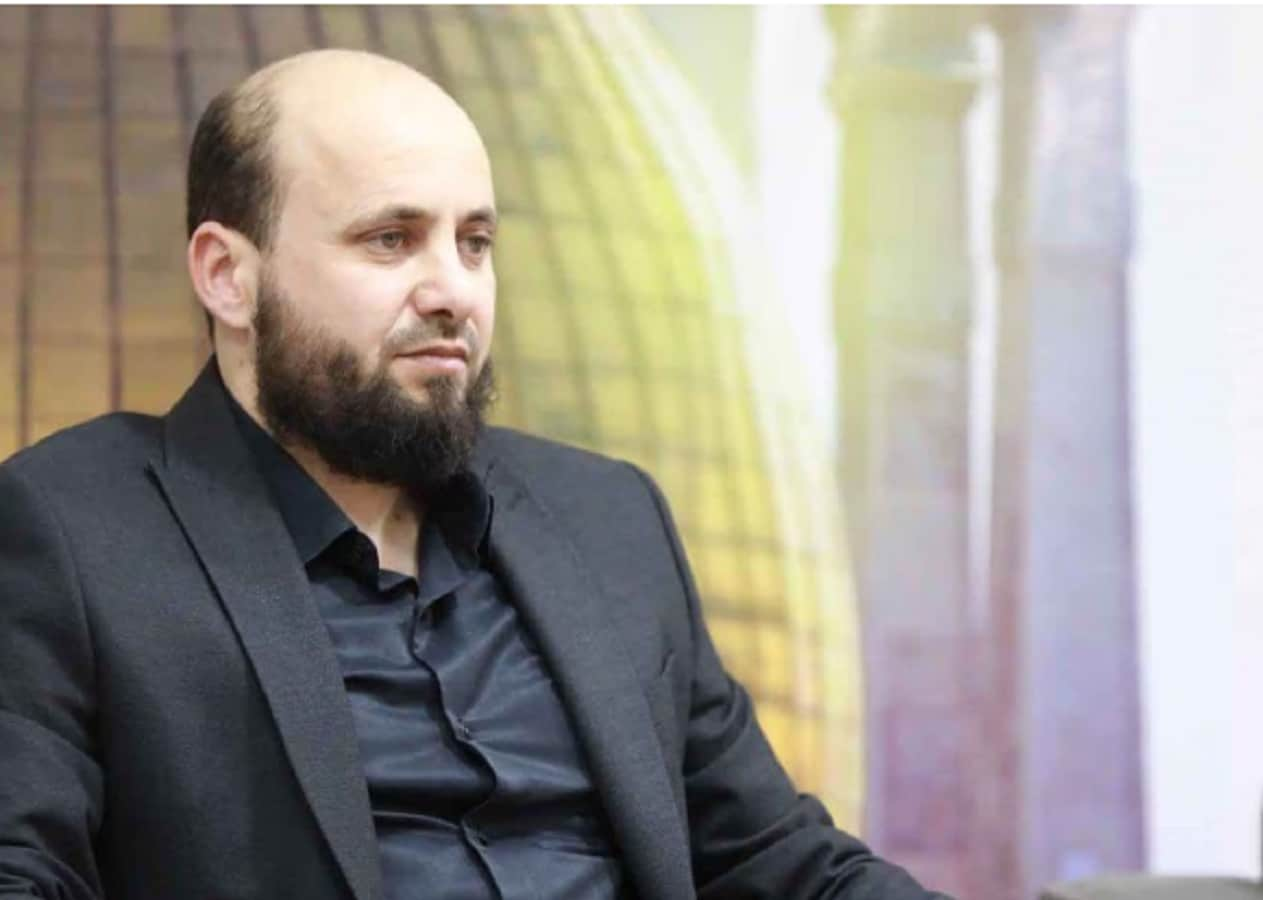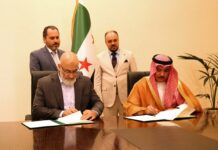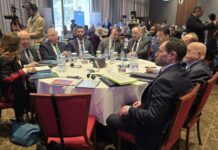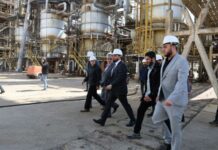
Under the leadership of the Syrian Transitional Government (STG), the newly appointed caretaker Prime Minister Muhammad al-Bashir outlined comprehensive plans to rebuild the country’s economy and infrastructure after the fall of the Assad regime. Facing an enormous legacy of destruction and financial stagnation, the STG is prioritizing the restoration of basic services, commercial reforms, reconstruction, and development to meet the urgent needs of the Syrian people.
Restoring Stability & Services
In an interview with Syria TV, al-Bashir emphasized the government’s immediate focus on restoring security and stability in liberated areas. “From the first day, we prioritized establishing security and stability, preserving public and private property, and protecting institutions,” he said.
Parallel to security efforts, the government has worked tirelessly to ensure the provision of essential services such as bread, water, electricity, and fuel. Despite the challenges of inheriting a crumbling infrastructure, al-Bashir highlighted significant achievements, including keeping bakeries operational, maintaining water distribution, and ensuring electricity reached homes. “We achieved great success in preserving a high percentage of public and private properties and in maintaining vital services,” al-Bashir said.
Decades of Neglect
The STG inherited an economy that had contracted by more than 85% under the Assad regime, with rampant corruption and exploitative monopolistic policies driving capital flight. Al-Bashir described the regime’s legacy as “a dilapidated infrastructure and flabby administrations.”
The power sector has been particularly hard-hit, with key stations such as Mahardah, Aleppo, and Zeizoun out of service or operating below capacity due to years of Russian and regime bombing. Al-Bashir announced plans to supply existing stations with fuel and embark on long-term projects to build new power plants, though he cautioned that achieving 24-hour electricity would take time. To combat the bread crisis that plagued the country under the previous regime, al-Bashir noted that his government has resolved 90% of the issue and is working on addressing fuel shortages.
Economic Reforms & Openness
Al-Bashir emphasized the STG’s commitment to economic openness, reducing customs duties, combating monopolies, and encouraging investment. The caretaker government has launched a comprehensive review of tax systems, aiming for a complete overhaul by 2025 to create a more favorable business environment.
“The Syrian economy was paralyzed by monopoly and control under Assad. We are now implementing policies to foster competition and attract investors, including measures to bring Syrian businessmen back from abroad,” al-Bashir said.
Minister of Economy Basil Abdul Aziz Abdul Hannan echoed this sentiment during a meeting with industrialists in Aleppo, assuring them that their concerns would be addressed. “The coming days will witness improvements in various economic aspects. Industrialists should focus on production, and the ministry is ready to resolve any issues they face,” he said.
Agricultural Challenges
The STG has also taken steps to support the agricultural sector, which has been decimated by climate change, inflation, and years of neglect. A recent initiative by the Agricultural Cooperative Bank allows deferred sales of seeds and fertilizers to wheat farmers under favorable terms.
Wheat production has dropped drastically, from an average of over four million tons pre-2011 to just one million tons in 2022, according to the Food and Agriculture Organization (FAO). The government is working to secure alternative wheat supplies after Russia halted exports and Ukraine pledged humanitarian aid, including wheat and flour.
Stabilizing the Currency & Income
The STG is implementing measures to stabilize the Syrian pound (SYP), which has suffered severe devaluation. Plans include increasing salaries, reducing customs duties, and securing the return of frozen assets abroad. Al-Bashir emphasized that lifting international sanctions is crucial for economic recovery, stating, “The sanctions now target the Syrian people, not the regime.”
Building a Unified Future
The STG is laying the groundwork for a national conference to form an inclusive transitional government that represents all Syrians. Al-Bashir stressed the importance of broad participation from diverse regions and the inclusion of women in leadership roles. “Our hand is extended to all Syrians to participate in building the future Syria,” al-Bashir said.
A Bumpy Road
While the STG’s plans are ambitious, the task of rebuilding Syria’s economy and infrastructure remains daunting. They must navigate international sanctions, address a severe lack of resources, and tackle deeply ingrained corruption. Despite these challenges, the STG is determined to create a stable, inclusive, and prosperous Syria. As al-Bashir concluded, “The journey ahead is long and difficult, but we are committed to achieving tangible improvements for the Syrian people and laying the foundation for a stable and thriving nation.”








